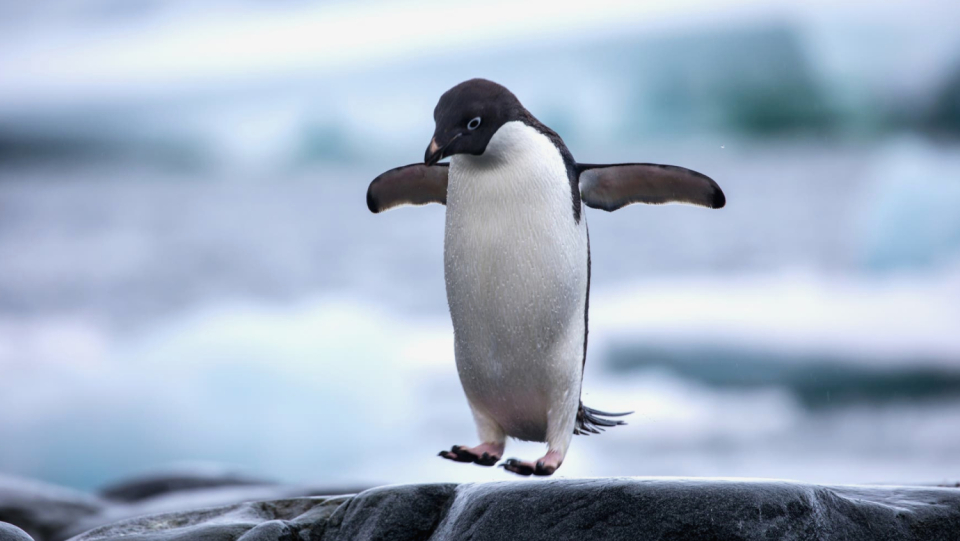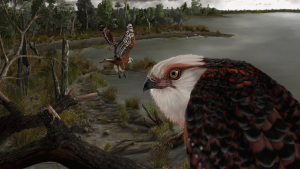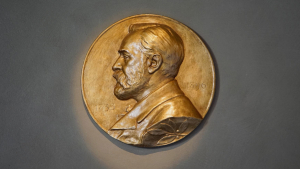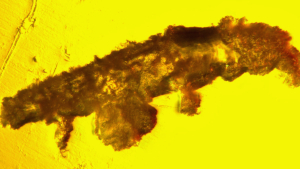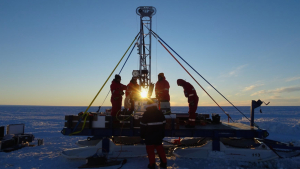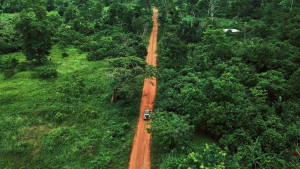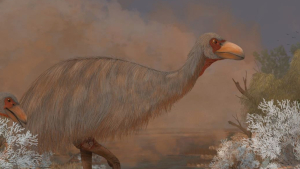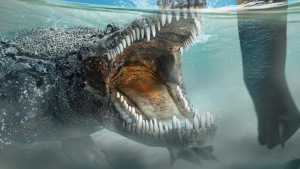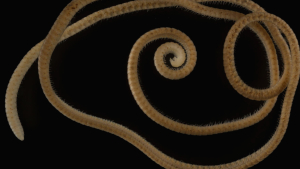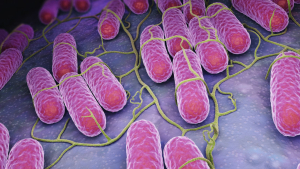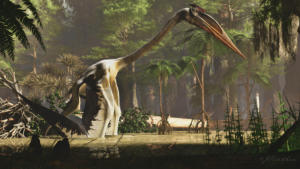Several climate fluctuations over the last 60 million years have driven the evolution of modern penguins. This is the conclusion reached by a team led by Theresa L. Cole from the University of Copenhagen on the basis of a comprehensive analysis of penguin fossils and the genes of today's animals. As the working group reports in the journal »Nature Communications«, the animal group once originated on the now largely sunken microcontinent Zealandia, of which only New Zealand lies above the water surface. Today's penguins were formed about 14 million years ago, when a significant cooling led to a small mass extinction and the East Antarctic ice sheet formed.
Even long before the formation of the southern ice sheets, the penguins lost the ability to fly and became excellent swimmers. As a result, they spread to South America and Antarctica. Many new species were formed when the Drake Passage between South America and Antarctica opened about 30 million years ago and the Antarctic Circumpolar Current was formed. Another evolutionary spurt took place in the last three million years or so, when the fluctuations between warm and cold periods repeatedly cut penguins in individual regions, so that new species emerged.
Gendaten suggest that penguins only started eating crabs like Krill during this time. Before that, they had lost almost all of the genes with which they were able to dismantle the chitin of their tanks - a clear indication that penguins are eating for a long time planting or fish. The data also show that many genes, which are highly evolved in penguins, and later encodes the cold. The animals lost large parts of their sense of taste, mutations in the receptors of their eyes let them see better under water, other changes affect the oxygen and heat balance.
Noteworthy is another discovery of Cole and her team. Accordingly, penguins evolve extremely slowly compared to other birds, and the rate of evolution has decreased once again since the emergence of modern penguins. In addition, their evolution slows down the warmer it gets. This is indicated by both the evolutionary rates of modern penguins from warm waters and calculated evolutionary rates over the past few million years. The reason for this is still completely unclear. This raises the question of whether penguins are able to adapt to the current rapid warming in the long term.







